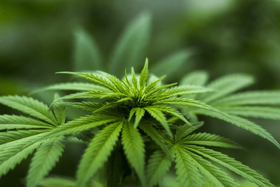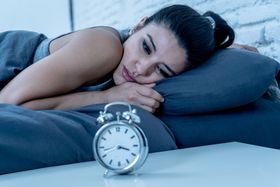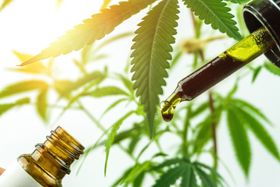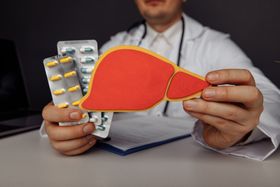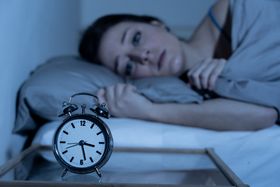Find Your Personal Dosage of CBD Oil for Depression
Published May 26, 2021.
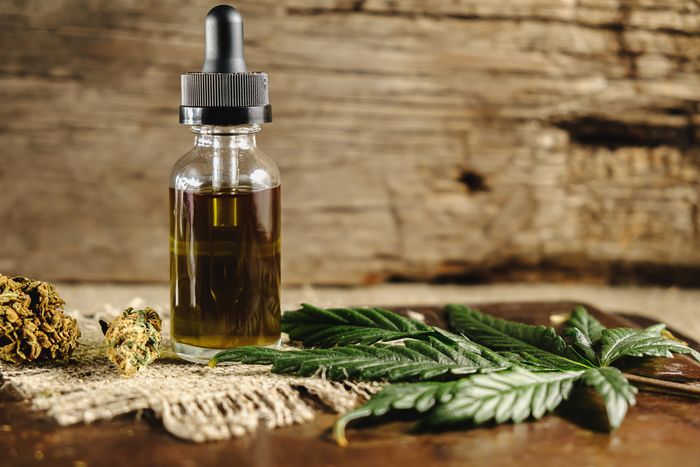
CBD oil has increased in popularity in recent years due to claims that it can ease pain and induce relaxation. Most people are using it to treat anxiety, and recent research suggests that it may assist with depression.
If you’re interested in improving your depression, getting the right dosage of CBD is paramount. Continue reading to learn how.
Can CBD Oil Help With Depression?
Depression is a mood disorder characterized by feelings of sadness, loss of interest, and anger that negatively impact a person’s quality of life. It is estimated that about 19% of people in the UK experienced depression in 2014.
Even though there is currently no concrete evidence showing that CBD oil can help with depression, an increased number of people in the UK and US are turning to this product to find relief. Many studies on the potential health benefits of CBD in the last decade were conducted on animals. Thus, human research is limited.
However, some researches have shown that CBD may alter serotonin (a neurotransmitter that regulates stress, emotion, and mood) levels in the brain, thus helping with anxiety and depression.
Despite this, taking CBD may cause some side effects, including:
- Diarrhoea
- Vomiting
- Nausea
- Fatigue
- Low blood pressure
- Dry mouth
- Changes in appetite and weight
- Lightheadedness
- Drowsiness
I recommend talking to a doctor or psychiatrist before taking CBD oil for depression.
How to Identify the Best CBD Oil Dosage for Depression
Unfortunately, there’s no standard recommended dosage for taking CBD oil for depression. This is because everyone experiences depression in their own way, meaning each body will respond to CBD oil differently.
The best way to find your personal dosage of CBD oil for depression is to start small and increase slowly until you find the right dosage for you. I suggest you begin with the recommended amount for your product.



